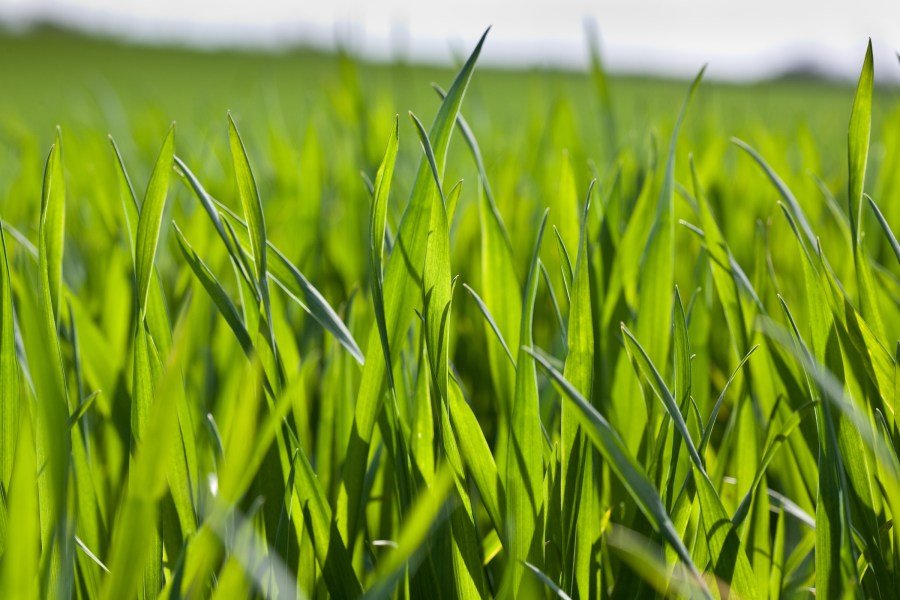An initiative funded by AHDB will test whether growing a mixture of milling wheat varieties can deliver better crops.
The four-year project, worth £260,205, combines UK trials with experience of farmers and millers to assess the potential of milling-wheat variety blends to deliver on yield, meet milling specifications, and contribute to more sustainable production practices.
The demand for robust information on blends – growing multiple varieties as a single crop – was identified in the most recent review of the AHDB Recommended Lists for cereals and oilseeds (RL).
In addition to potentially delivering stronger yield and quality (compared with single-variety stands), cereal blends may produce other benefits such as better yield stability and reduced disease severity, suggests AHDB.
Variety blend tool
To identify hard milling varieties (UKFM Groups 1 and 2) to include in the project’s dedicated trials, the AHDB variety blend tool for winter wheat, plus anecdotal experience, will be used. Trials will also feature the same varieties in single stands (for comparative purposes).
AHDB crop protection scientist, Georgia Hassell, says based on pedigree information and RL agronomic data, the AHDB variety blend tool for winter wheat can identify potential blends.
“However, as the tool data is based on varieties grown as straights, it doesn’t account for complementarity of traits. In other words, it doesn’t indicate whether a mix will be greater or less than the sum of its parts.
“These trials will specifically assess how varieties complement each other in mixes, including how they exploit resources in a relatively wide range of timings and spaces.”
Trial sites
The trials will be drilled each autumn (2025, 2026 and 2027) at two experimental sites:
- Harper Adams University (Shropshire) – generally has a high septoria tritici pressure
- Agrii Throws Farm (Essex) – generally has a high yellow rust pressure
Trials will include the following treatments:
- No or low-fungicide treatment to test disease resistance of blends compared with their component varieties
- A high fungicide intensity treatment (RL standard fungicide programme) to suppress all diseases to test the additional benefits of blends
Various measurements will be taken, including disease levels, canopy assessments, growth stages, height and yield. The project will also assess grain quality data via milling and baking tests, analyse mycotoxin concentrations, and record the presence of ergot.
Led by experts at Harper Adams University and Cope Seeds (UK) Limited, the new work will deliver evidence on the performance of variety blends, prime conversations among farmers and millers, and ultimately underpin the adoption of blends in the UK.





